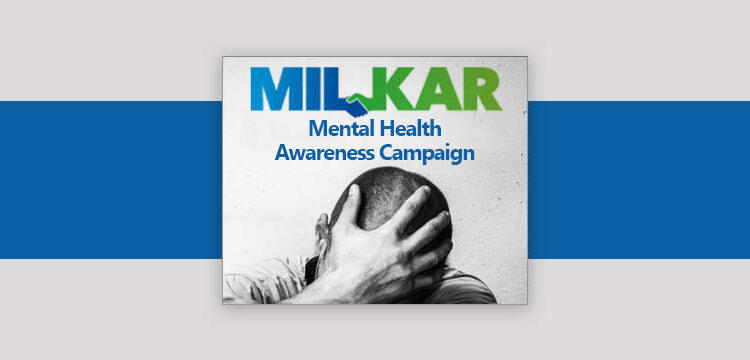BY : Alishbah Ali Quresh. Student of Media Science from SZABIST.
Karachi : I am writing to urge the initiation of a door-to-door mental health awareness campaign in Karachi’s rural areas. Mental health remains critically under-addressed in Pakistan, with around 24% of the population experiencing psychological distress, according to the Pakistan Institute of Living and Learning. This issue is especially prevalent in rural communities where resources are scarce, education on mental health is limited, and stigma runs high. The World Health Organization (WHO) estimates that nearly 10-16% of Pakistani adults face conditions like depression, anxiety, and psychotic disorders, which are particularly exacerbated by poverty, trauma, and lack of access to care.
In Karachi’s rural sectors, people often suffer from undiagnosed and untreated conditions such as depression, generalized anxiety disorder, post-traumatic stress disorder (PTSD), and bipolar disorder. According to research by the Aga Khan University, 60% of Pakistanis dealing with mental health issues do not seek help due to societal stigma and lack of information about treatment options. These issues can lead to decreased productivity, increased substance abuse, and a cycle of poverty that affects entire families and communities.
A door-to-door awareness campaign could offer direct engagement with residents, educating them on the symptoms of mental illnesses, the availability of treatment options, and the importance of seeking help. Volunteers and mental health professionals could distribute culturally sensitive pamphlets in local languages, conduct preliminary assessments, and provide referrals to clinics. Additionally, collaborating with local health departments and NGOs would amplify the campaign’s reach and impact.
Such an initiative could not only bring relief to individuals suffering in silence but also create a supportive, educated community environment. It is time we prioritize mental health at the grassroots level to bring meaningful change.




















